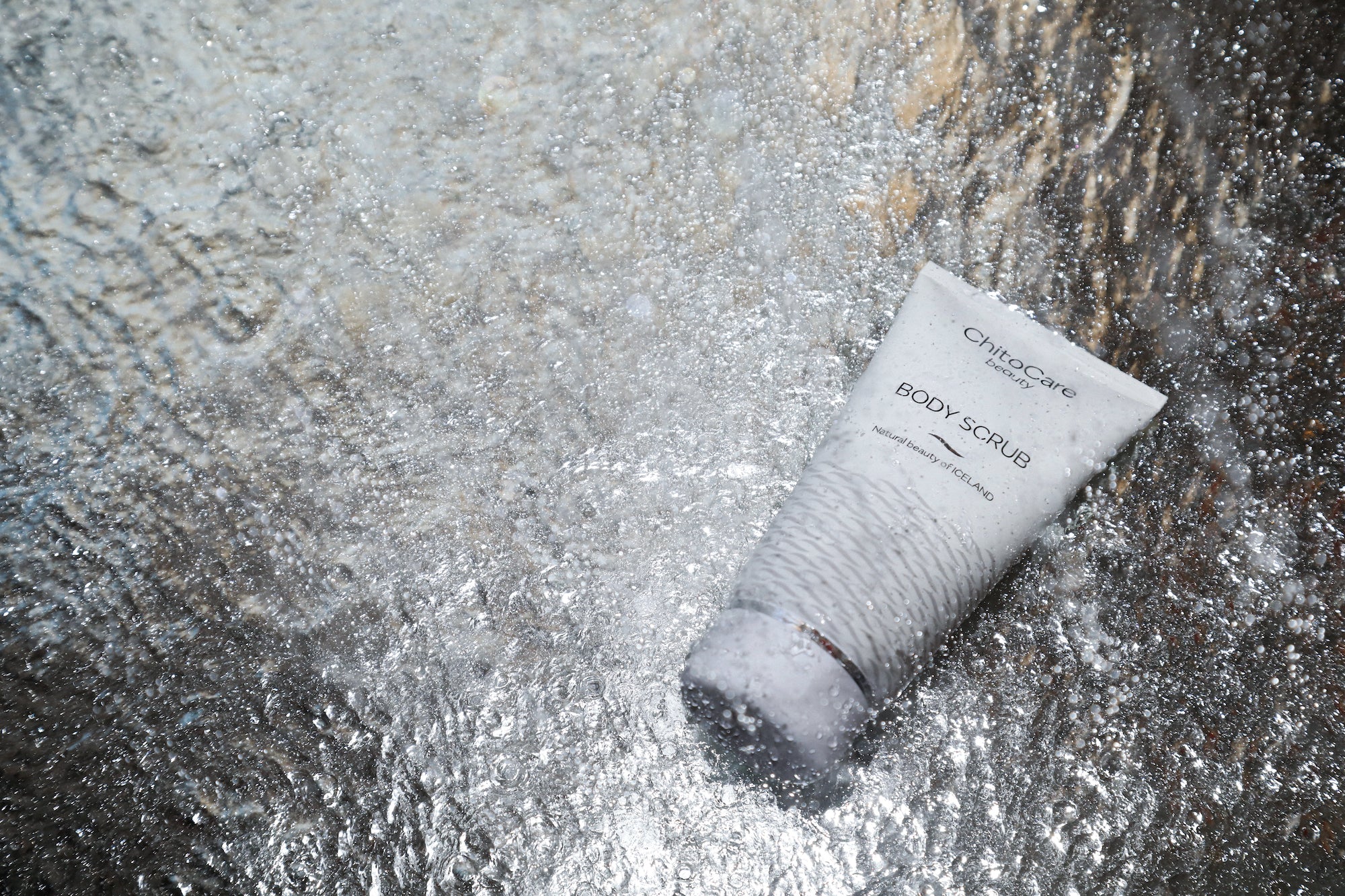
Skin Care Tips for Sensitive Skin
There are six basic skin types and each one has its own unique set of characteristics and best care practices. ChitoCare beauty has rounded up some essential skincare tips for each skin type. In this article, we look at sensitive skin.
Understanding what skin type you have will help you chose products that suit your skin’s needs and it will help you develop a skincare routine that works best for your skin type. Irrelevant of skin type, however, consistency plays a significant role in maintaining healthy, glowing, youthful skin.
Sensitive skin often has a weakened barrier function. When the skin’s barrier function does not work properly, it can be prone to external aggressors or trans-epidermal water loss. This can open up the skin to irritants, infections and sensitivity. Let’s take a look at what sensitive skin looks like and what skincare habits keep it healthy.
Characteristics of sensitive skin
Sensitive skin can be easily triggered. This means that simple things that most people don’t think about can become a major issue for people with sensitive skin. Certain ingredients, soaps, cosmetics or skincare practices that other skin types have no problem with can cause a great deal of discomfort to people with sensitive skin. It can sting or turn red, become painful to the touch, or go dry, flaky or tight. Characteristics of sensitive skin include:
- Feelings of discomfort, tightness, or itching
- Redness, flaking, or rashes
- Swelling, inflammation or roughness
- Feeling sensitive to the touch and wounding easily
- A stinging or burning sensation with certain soaps, cleansers or cosmetics
Skincare routine for sensitive skin
For people with sensitive skin, a skincare routine does require extra attention, as many things can cause the skin to have a negative reaction. Irritants for sensitive skin include overexposure to UV light, harsh chemicals, air pollution, excessive hot or cold temperatures and dry air, poor nutrition, and hormonal changes. For this reason, paying close attention to how sensitive skin reacts to such aggressors can help prevent further irritation.
Sun protection
Sensitive skin, like all skin types, need protection from UV light. Overexposure to UV light will not only cause sunburn, fine lines, wrinkles and premature aging, it can lead to further skin issues, such as dehydration, an impaired skin barrier and even cancer. All skin types should wear protective sunscreen with a SPF (Sun Protection Factor) of at least 30 all year round, even in winter or on cloudy days. As sunscreen can often cause irritation, stinging or soreness to people with sensitive skin, they should opt for light, calming or moisturizing formulas that are fragrance-free and will not aggravate the skin.
Protecting
For people with sensitive skin, certain triggers and aggressors can exacerbate and prolong the condition. Sensitive skin types should focus on nutrient-rich formulas that strengthen the skin barrier and calm irritation and sensitivity. Avoid products that contain alcohol, fragrances, dyes and parabens, as these can cause a negative reaction. Instead, opt for products that contain as many natural and mild ingredients as possible. This can mean seeking out the advice of a dermatologist, who can recommend specialized products suitable for sensitive skin. All ChitoCare beauty products are suitable for sensitive skin and contain natural, biocompatible marine chitosan, which has numerous properties, including healing, protecting and moisturizing.
Cleansing
Washing sensitive skin too frequently can strip the skin barrier of its necessary lipids, causing it to become dry and more sensitive. Furthermore, many cleansers contain harsh ingredients that cause irritation. Opting for a cleanser that contains natural and moisturising properties will ensure oils are not stripped from the skin. Wash away dirt, sweat and grime with lukewarm water, as hot water can cause further dryness and tightness. Always pat dry skin to avoid micro-abrasions and prevent further discomfort. A gentle, alcohol-free toner can also help balance the pH of your skin, while a hydrating serum can easy tightness or dryness.
Moisturizing
Sensitive skin needs proper nourishment after cleansing as it can easily become dry and irritated in the process. Moisturising your skin properly will minimize the chances of redness, irritation, rashes and other unpleasant side-effects of drying. To give your skin a boost of hydration and help regenerate skin cells, use ChitoCare beauty Anti-Aging Repair Serum. Containing natural antioxidants and moisture-loving hyaluronic acid, it boosts the skin’s natural repair process while reducing the appearance of fine lines and wrinkles.
Preventing
One way of protecting sensitive skin from irritants and aggressors is to prevent the formation of free radicals. Free radicals cause oxidative stress in skin cells, leading to an impaired skin barrier function, increasing sensitivity and compromising the cellular structure of the skin. The result is a loss of collagen and elastin, causing the skin to develop texture changes, fine lines, roughness or soreness. To prevent oxidative stress, reduce (or, even better, quit) smoking, always wear sunscreen, even in the winter, to protect your skin from harmful UV rays, and fill up on antioxidants, either by eating them or by applying them topically.
Furthermore, avoid granular exfoliators, chemical peels and harsh shaving creams and aftershaves, as they can cause considerable irritation to already sensitive skin. To soothe skin after spending time outdoors, after shaving or as a preventative treatment to protect the skin, apply ChitoCare medical Healing Spray. It reduces redness, itching and pain, promotes natural skin healing, and protects the skin from external factors.
Nourishing
As sensitive skin typically requires more nutrients than normal skin and nutrients from food reach our skin last, enhancing your diet and skin care regime with a supplement can help to nourish your skin from within. Ingredients such as Vitamin C, selenium and zinc provide antioxidant action, boost the immune system and promote healing. ChitoCare beauty Hair, Skin & Nails contributes to the natural repair process of the skin, thanks to its blend of natural ingredients, including Icelandic silica, marine chitosan supplemented with Type II collagen, and mineral-rich algae. You can also apply a nourishing face mask once a month to treat your skin to some additional nutrients. ChitoCare beauty Serum Mask is ideal as a monthly treatment, as it deeply hydrates the skin, supports collagen and elastin production, and leaves your skin feeling soft and moisturized.
End note
Keep in mind that, even though we are each born with a specific skin type, skin type can change as we age, or due to intrinsic or extrinsic factors. The trick with any skincare regime is to keep it consistent and to pay attention to how your skin reacts – to new products, to weather changes, or to hormonal imbalances, such as those during menstruation or menopause.
___
ChitoCare beauty is the first skincare brand to incorporate marine chitosan into its products. Scientifically proven properties of chitosan include film-forming, moisture control and powerful skin repair.


